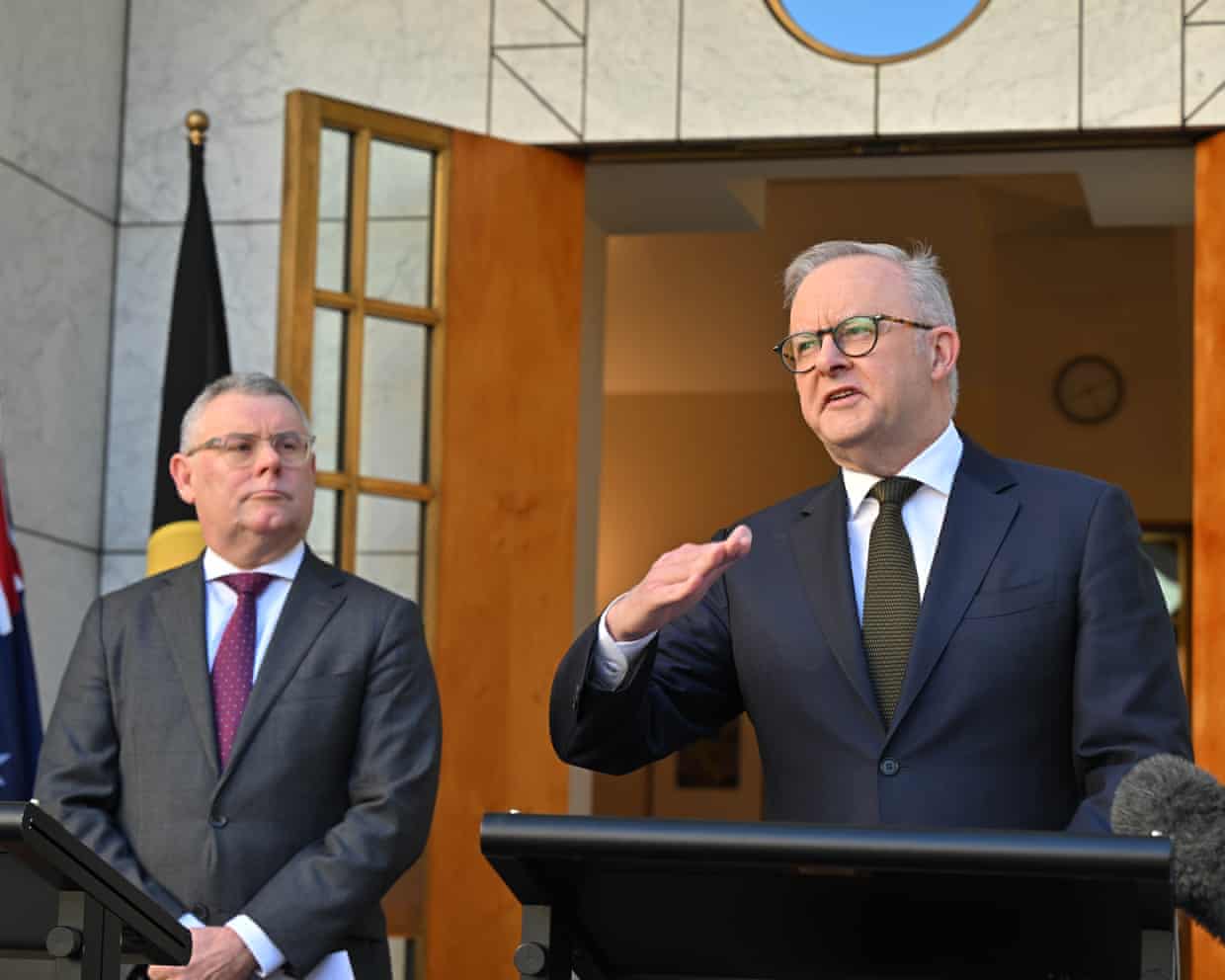Michael Garcia has emerged victorious in the recent mayoral election in Santa Fe, defeating seven opponents to secure his position as the next mayor. Celebrations ensued as Garcia embraced his family and supporters on election night, marking a significant achievement for his campaign. With this victory, Garcia now faces the pressing challenge of governing effectively while fulfilling the promises made during his candidacy.
Transitioning to Leadership
The journey from campaigning to governing can be swift and demanding. As Garcia prepares to assume office in January, he must make critical decisions regarding his administration’s initial steps. Fortunately, he has access to guidance from former mayors of Santa Fe, including Alan Webber, who can provide valuable insights into the intricacies of municipal leadership. Notably, former Mayor Sam Pick offers practical advice on enhancing city services, which he emphasizes through hands-on experience.
Establishing a transition team will be Garcia’s first priority. This team will play a crucial role in planning for the early weeks of his administration and selecting capable staff members. Among the key appointments Garcia will make, with council approval, are the city manager, city clerk, and city attorney. Current City Manager Mark Scott has set a high standard for professionalism in his role, while City Attorney Erin McSherry has announced her departure to pursue a Fulbright U.S. Global Scholar position, creating an opportunity for a new legal leader. City Clerk Andréa Salazar holds her position as a vital appointment for the incoming administration.
New Energy in the City Council
The newly elected City Council, which includes Patricia Feghali in District 1 and Elizabeth Barrett in District 2, brings fresh ideas and enthusiasm to the governing body. However, the council will also miss the experience of outgoing members Signe Lindell and Carol Romero-Wirth. Garcia will need to navigate these changes while fostering a collaborative environment with individual councilors to ensure effective governance.
In a notable shift, voters supported measures that limit the mayor’s power. The new regulations stipulate that the mayor can vote only in the case of a tie or to establish a quorum. Additionally, six councilors now have the authority to vote to dismiss the city manager, city attorney, and city clerk. This change has restored a balance of power between the mayor’s office and the council, indicating that Garcia values collaborative governance.
Effective governance involves addressing a multitude of everyday responsibilities. Citizens expect a range of services to function smoothly, from timely trash collection to well-maintained parks and responsive police services. Garcia must prioritize these fundamental aspects of city management to create a vibrant and safe community. With a well-functioning city, leaders can then focus on larger initiatives, such as completing the general plan, enhancing services for the homeless, and investing in sustainability measures.
As Michael Garcia transitions from celebrating his election victory to the responsibilities of leadership, he understands that success will be measured by his ability to deliver essential services and maintain a clean, secure, and inviting city for all residents. The real work begins now, and the future of Santa Fe depends on his effective governance.






